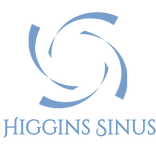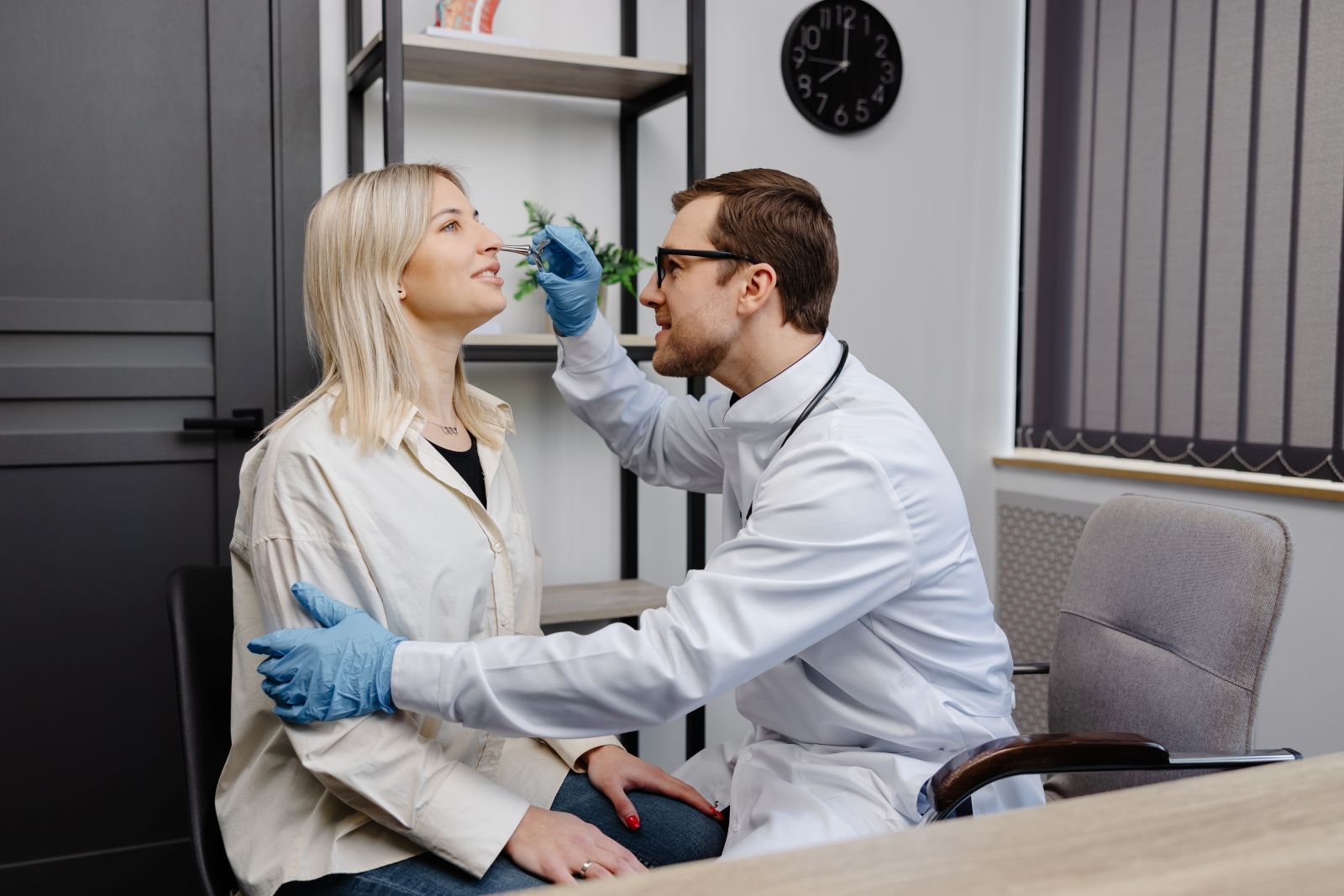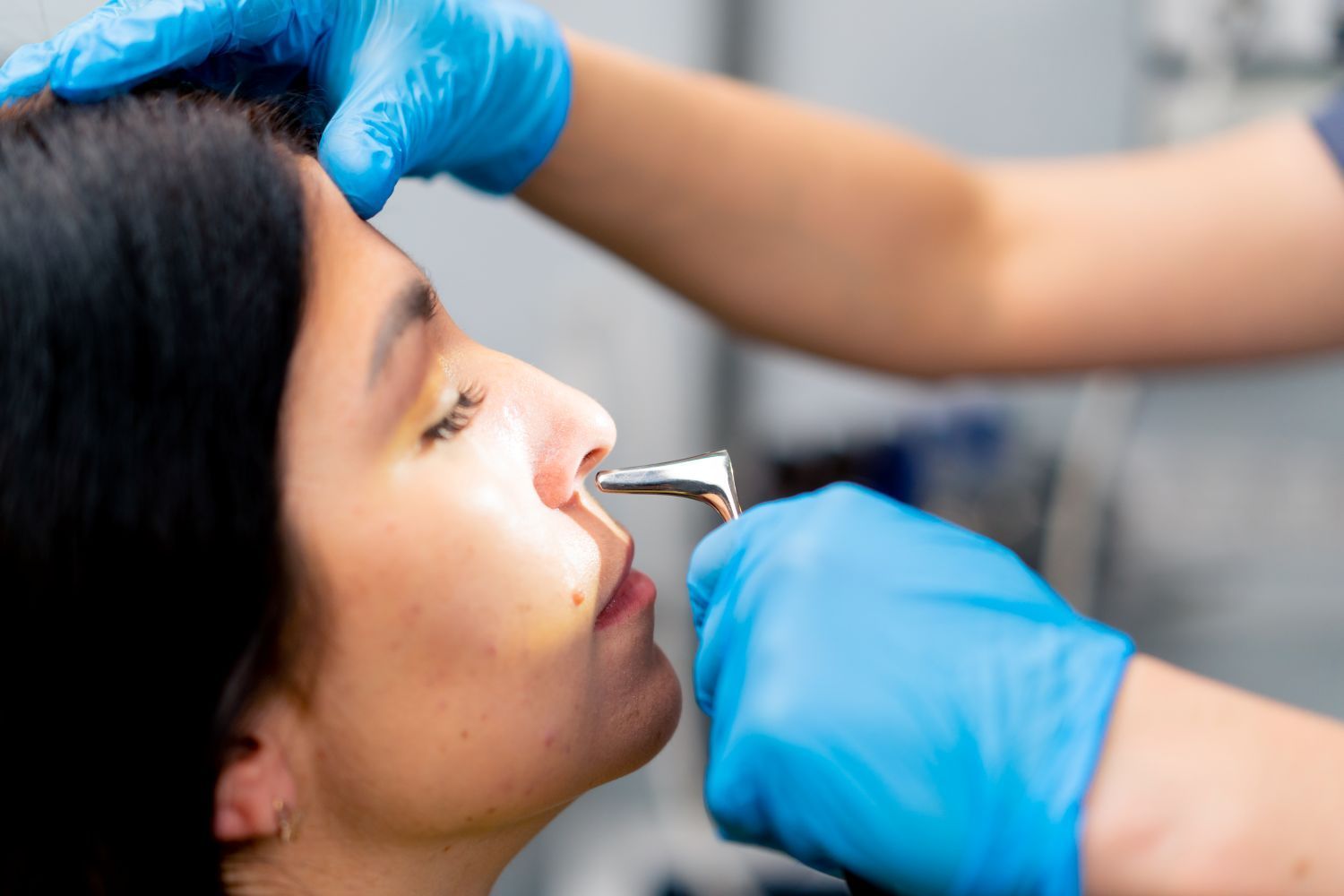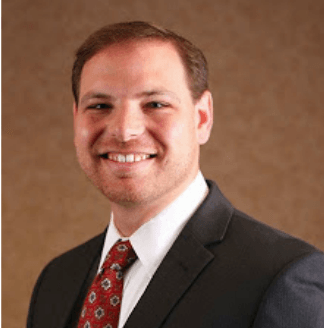How Is Functional Endoscopic Sinus Surgery Performed?
Those who have visited the Waterfront Botanical Gardens in Louisville, KY will tell you the various floral fragrances please one's senses as much as the vivid colors of the countless flowers and plants gathered from around the world. If you suffer from sinus trouble, however, the experience isn't nearly as pleasurable. In fact, it could be irritating. For those with chronic sinus issues, Functional Endoscopic Sinus Surgery (FESS) might be the solution to helping you breathe freely at last.
A minimally invasive procedure, FESS frees the sinus passages from infection and inflammation so that your olfactory system can function properly. The treatment is typically performed on an outpatient basis, with only minor discomfort, and presents less risk of post-operative complications than traditional sinus surgery. How is the procedure done? Why is it effective? Which patients would most benefit from undergoing treatment? What are the risks? What do sinuses actually do? Let us answer these questions and more for you.
What Are the Sinuses and What Is Their Purpose?
The sinuses are four cavities in the head, connected to the nose by narrow passages. The lower pair of sinuses are positioned, one each, to either side of the nose. The other pair is located above the eyes, in the furrow of the brow. All four sinuses produce mucus designed to clean the nose of dirt and bacteria. The mucus is delivered to the nose through the sinus passages, where it performs its function until you reach for a tissue.
What Is Acute Sinusitis?
Acute sinusitis occurs when inflammation causes the sinus passages to swell. Mucus then accumulates in the narrowed channels, making it difficult to breathe. When too much mucus accumulates in the sinus passages, the overflow drains into the throat rather than the nose. Meanwhile, the patient will experience tenderness and pressure around the cheeks, nose, eyes, and forehead, often resulting in pain and headaches. The pain tends to heighten when bending over.
Most often caused by the common cold, but also by allergies, immune disorders, cystic fibrosis, smoke inhalation, and
nasal polyps or tumors, acute sinusitis is usually a temporary condition not requiring a doctor's attention. It can be treated with home and over-the-counter remedies which are usually effective within ten days. However, when acute sinusitis persists for more than twelve weeks despite self-treatment, it can be classified as chronic sinusitis, and a doctor should be consulted.
Is the Air Quality in Louisville, KY likely to Cause Acute or Chronic Sinusitis?
Actually, the air quality index in the Louisville, KY area tends to be an order of magnitude higher than the World Health Organization's recommended guidelines. The average person shouldn't be concerned about contracting sinusitis simply by going outside. Allergy sufferers are more susceptible to seasonal sinusitis, however, due to the circulation of natural pollens.
Which Patients Are Candidates for Functional Endoscopic Sinus Surgery?
Surgery is typically recommended for patients with recurrent acute sinusitis or chronic infective sinusitis. Even though FESS is minimally invasive, causes far less discomfort, and requires less intensive post-operative care, it should still be the last resort for treating recurrent or chronic forms of sinusitis, after treatments such as nasal steroid sprays, antihistamines, and antibiotics have failed to eradicate the infection. In especially severe cases where sinus infection has spread to the eyes, more conventional surgery is preferred to FESS.
What Is Functional Endoscopic Sinus Surgery?
As mentioned, the surgery is a minimally invasive procedure most often performed in a doctor's office with no need for a hospital stay. The surgeon uses fiber-optic endoscopes to both diagnose and treat the patient's condition. Using sound waves and X-ray technology, the fiber-optics transmit a Computed Tomographic (CT) image, allowing the physician to view the patient's sinus passages, determine the location(s), extent, and possible anatomical causes of the condition.
In addition, the CT scan allows the surgeon to map out the patient's sinus cavities in relation to other cranial anatomy in preparation for the actual surgery. The procedure itself widens the sinus passages, allowing for greater ventilation. If necessary, the maxillary ostium (the gateway from the sinus to the sinus passage) is also widened. When the procedure is complete, the widened passages allow mucus to pass freely, relieving pressure and pain on the surrounding areas.
What Does Post-Operative Treatment Entail?
Following FESS, the patient's greatest concern is preventing a buildup of crusty materials in the nasal and sinus passages. The simplest treatment is a nasal douche, accomplished by spraying a saline solution into the nostrils. Patients should do this several times daily, at home or work. When self-treatment isn't sufficient, two or three weekly visits to the doctor for a more thorough nasal cleaning may be necessary. In either case, the estimated recovery time is typically one to two months.
For patients who suffer from more severe inflammation, prescription medication might be in order. A short course combining
antibiotics and steroids typically speeds up the recovery process. When polyps or tumors were removed, the physician may prescribe topical steroids.
What Is the Success Rate for a FESS Procedure?
Studies show Functional Endoscopic Sinus Surgery is very effective, with success rates in the 80-90% range for patients undergoing surgery for the first time. Excellent rates are also reported for patients who have had previous surgeries. A successful procedure relieves the majority of the patient's symptoms. Sinus congestion and facial pain should quickly be relieved, but post nasal drip can sometimes persist.
What Are the Risks of Complications Following Surgery?
Due to FESS' minimally invasive nature, the risks of postoperative complications are extremely low. Cerebrospinal fluid leakage is the most frequently reported complication, usually detected during surgery, and easily repaired. Such leaks have occurred in 0.2% of surgeries, or one in 500. Blocked tear ducts and orbital hematoma are also infrequent occurrences. The most severe complication, damage to the optic nerve resulting in blindness, is extremely rare.
It should be noted that all of these complications are not exclusive to endoscopic procedures for chronic sinusitis. Each is a long-standing risk inherent in conventional sinus surgery, as well, and occurs with greater frequency in more invasive surgeries.
Why Is FESS Preferable to More Conventional Sinus Surgeries?
The major advantage to endoscopic surgery is its less-invasive nature. Before FESS, the considered opinion was that chronic sinusitis was irreversible and that the affected linings in sinus passages had to be removed. These surgeries were much more painful and resulted in significant bruising and discomfort, as well as scarring. Endoscopic outpatient treatment offers a significantly lower risk of permanent damage and a much greater promise of full, pain-free functionality.
Treatment for paranasal sinus conditions was greatly enhanced with the development of fiber-optic endoscopes and Computed Tomographic (CT) scanning. As a less invasive method with a lower risk of complications and more rapid recovery times than conventional surgeries, Functional Endoscopic Sinus Surgery is a treatment that restores normal sinus ventilation and function with minimal discomfort and time lost from work or the routines of everyday life. For patients who suffer from chronic sinusitis, it is frequently the best treatment option.
Dr. Thomas Higgins is a board-certified otolaryngologist practicing in Louisville, KY. An active member of the American Rhinologic Society and Clinical Assistant Professor at the University of Louisville School of Medicine, Dr. Higgins specializes in complex sinus disease. For a consultation,
contact Higgins Sinus or visit one of our three practice centers in Louisville and Jeffersonville, IN.
Thomas S. Higgins, MD, MSPH
Dad. Husband. Sinus Nerd.















